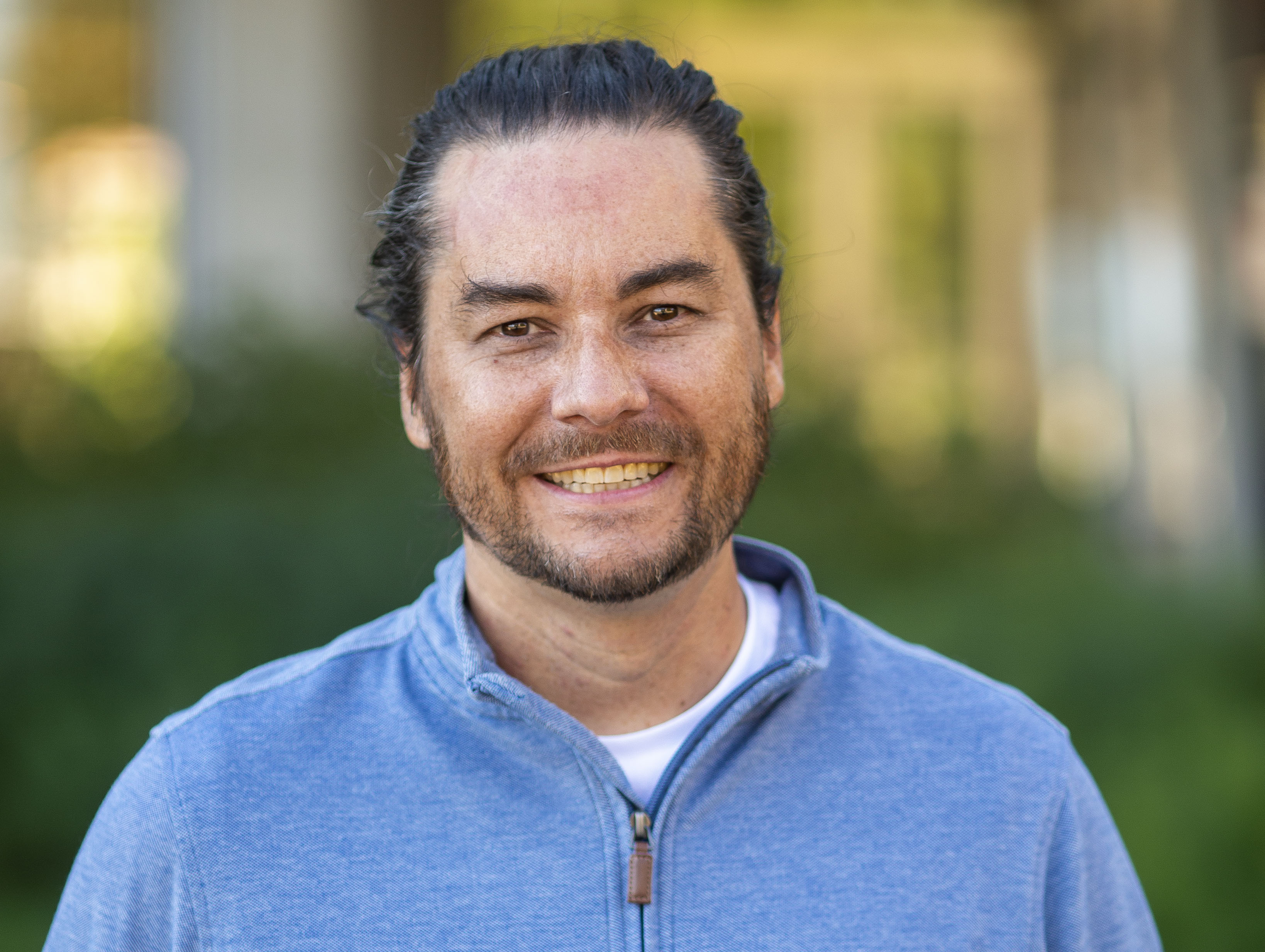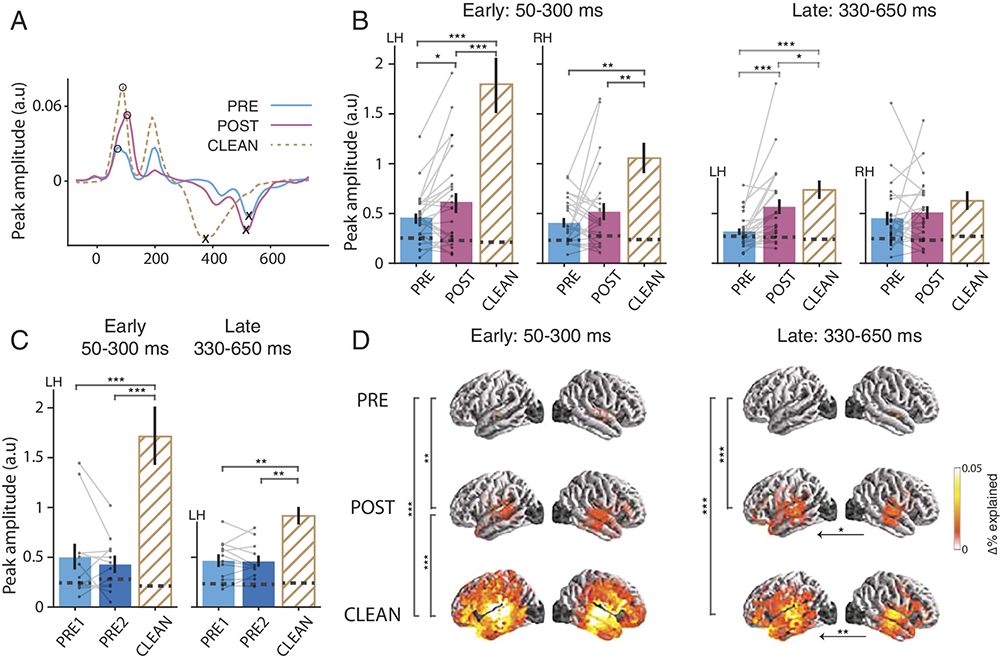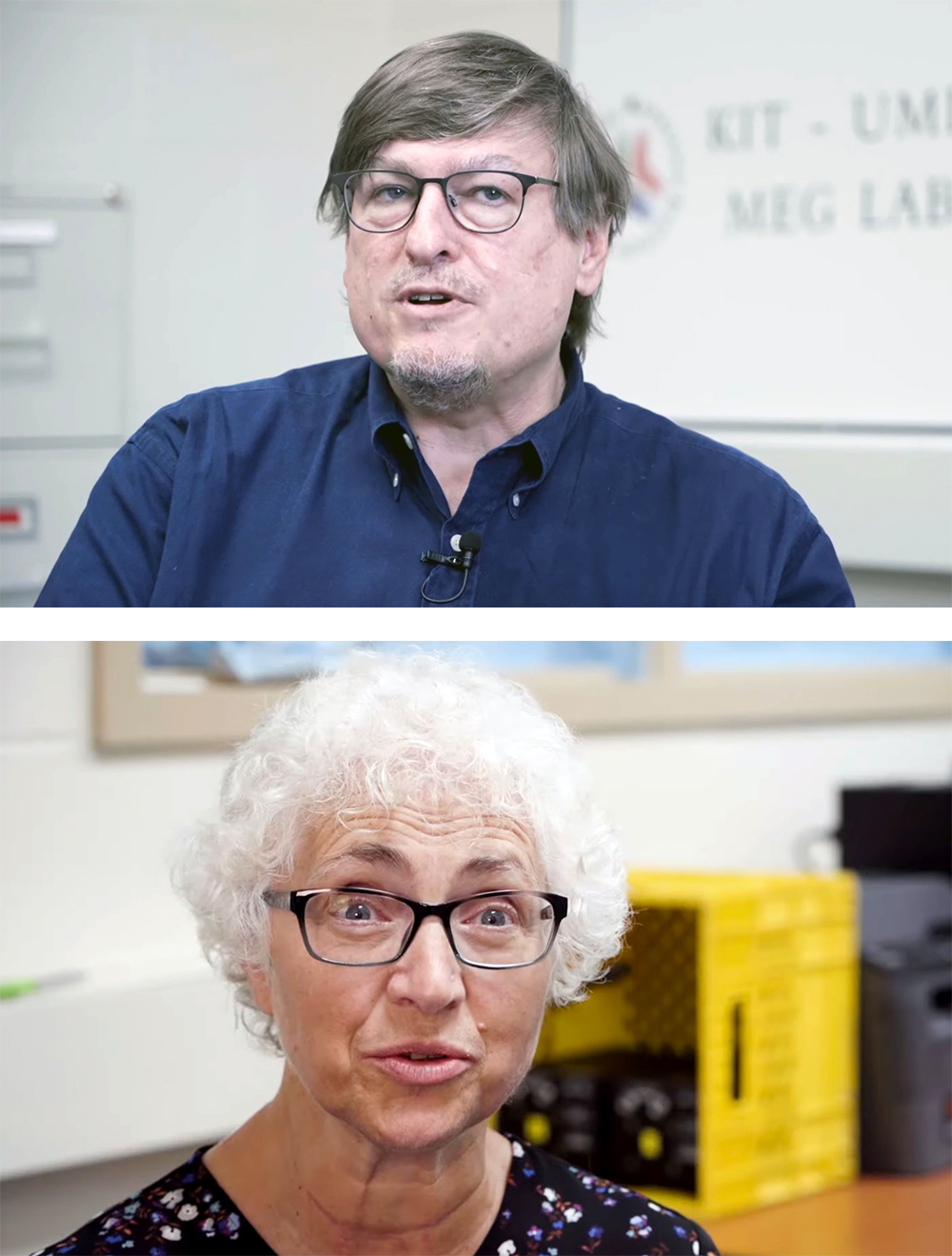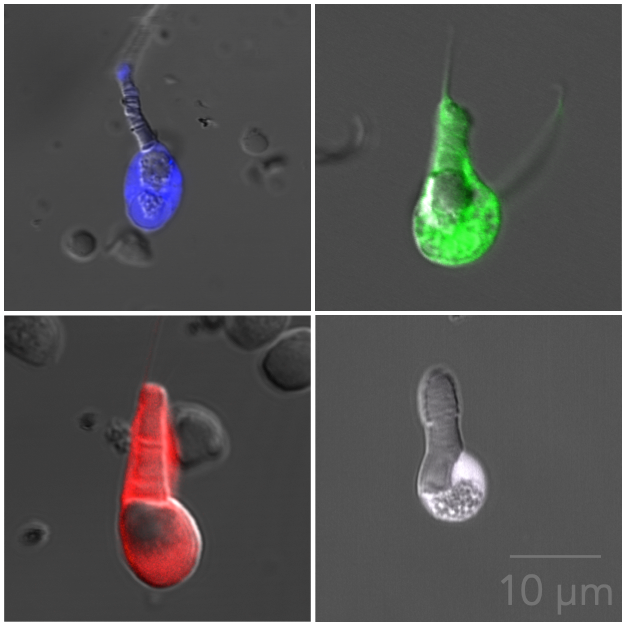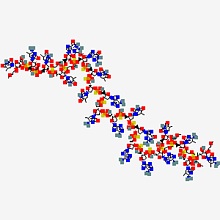News Story
El-Sayed to Direct New BBI Advanced Genomic Technologies Core
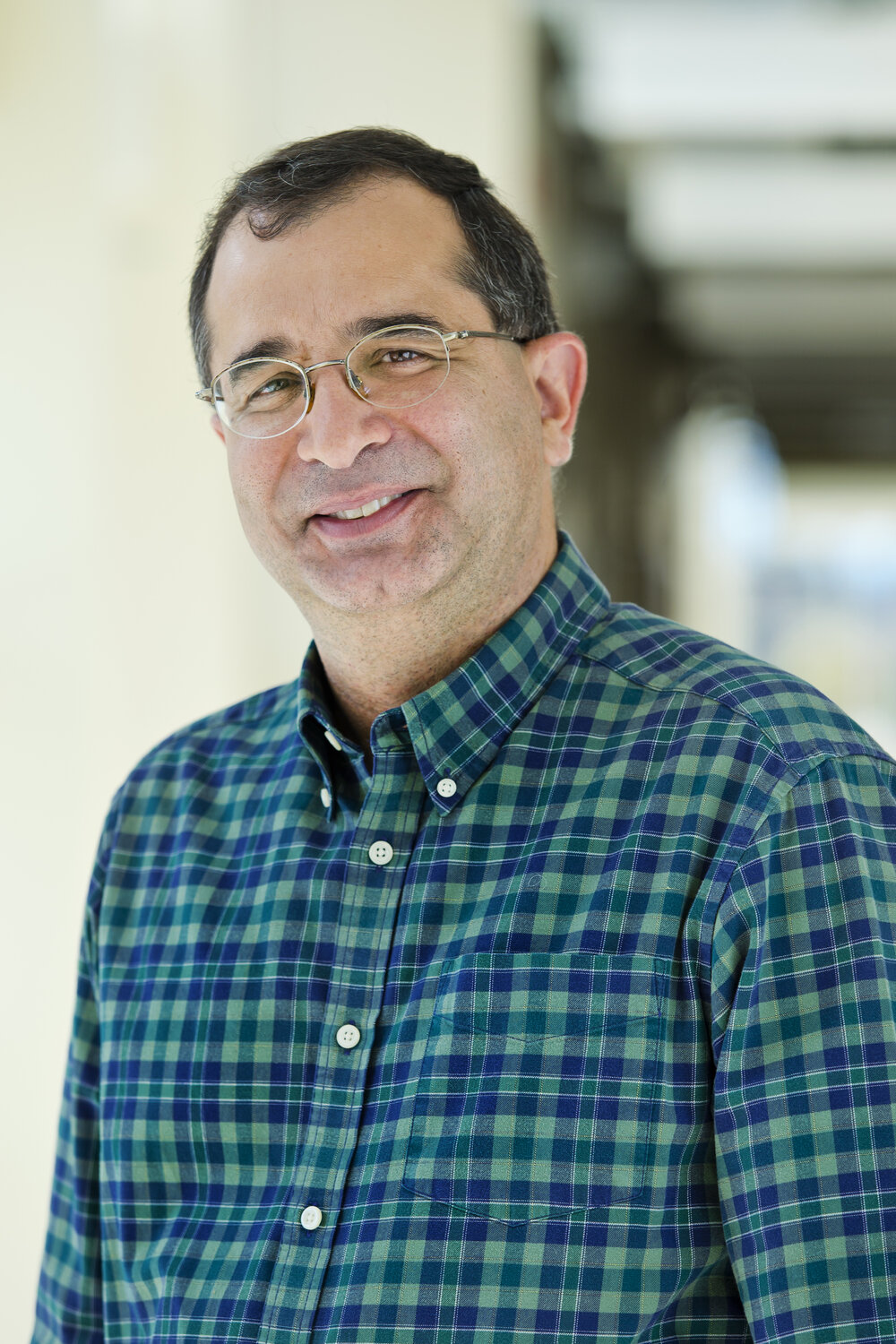
Najib El-Sayed will direct the BBI-AGTC. Photo credit: Lisa Helfert.
Cutting-edge single-cell sequencing capabilities are coming to College Park.
The Brain and Behavior Institute announced this week the establishment of the Advanced Genomic Technologies Core (BBI-AGTC), to be directed by Najib El-Sayed, a professor of cell biology and molecular genetics with a joint appointment in the University of Maryland Institute for Advanced Computer Studies. For the first time ever on campus, UMD researchers will be able to access single-cell DNA and RNA sequencing technologies.
“The high-throughput and advanced large-scale genomics research made possible by the BBI-AGTC will greatly improve our capabilities in neuroscience and other life sciences in College Park,” said Elizabeth Quinlan, a professor of biology and director of the BBI. “The facility is the first of a number of new BBI-administered cores that will enhance campus research by bringing to UMD new tools and technologies that can be applied to the nervous system.”
Single-cell genomic applications are becoming increasingly important for rare cell detection and the comprehensive classification of biological systems. “Applications of these technologies include identifying new cell types in the human immune response and classifying cancers and their effects—namely, the heterogeneity of cells within a tumor, the evolution of cancer colonies and the responses offered by tissues and cells to cancers’ perturbations,” noted El-Sayed.
The BBI-AGTC will house one of the latest sequencing platforms (Illumina NextSeq 1000), a single-cell controller (10X Genomics Chromium), a liquid handling robotic station (Eppendorf epMotion 5075tc), a real-time PCR instrument and a microfluidics-based platform for the sizing, quantification and quality control of DNA and RNA.

The BBI-AGTC will include a single-cell controller for single-cell library construction, automated liquid handling for high-throughput assays, and one of the latest sequencing platforms. (Images from 10X Genomics, Eppendorf, Illumina)
“Next generation sequencing was a big advance toward understanding genomes and RNA expressed in different tissues, and the BBI-AGTC takes that technology a step further by enabling transcriptomes of individual cells,” said Karen Carleton, a professor of biology: “In my own work, the facility will be very helpful in understanding how stem cells differentiate into the approximately 70 different cell types in the retina. Others on campus might want to understand differentiation of who-knows-how-many different neuronal types in the brain! More broadly, the facility could be important for answering a diverse set of biological questions including how cells change through development, infection, or even in response to different behavioral states such as during mating or parental care.”
The core is slated to begin operations in mid-April of 2021, and it will be staffed by a laboratory manager (April Hussey, MS in Bioinformatics ’12) in addition to El-Sayed as director.
El-Sayed’s research uses genomic approaches to study the biology of parasitism. His team develops and applies molecular, computational and systems biology tools to better understand host-pathogen interactions and, ultimately, the mechanisms of infection and survival. His work in functional genomics, tracing how biological information flows from gene to protein expression via RNA transcription, looks to contribute to better diagnosis, prevention of and therapeutics for parasite- and bacteria-caused diseases in humans, animals and plants.
El-Sayed has published more than 90 research papers and serves on the editorial boards of BMC Genomics and PLoS One. He also serves on the National Institute of Health’s Genomics, Computational Biology and Technology study section and the scientific advisory board for the National Institute of Allergy and Infectious Diseases’ Genomic Centers for Infectious Diseases.
El-Sayed is the director of the Integrated Life Sciences program in the Honors College at UMD, and he was the founding director of the Computational Biology, Bioinformatics and Genomics concentration in the biological sciences graduate program. In 2011, he was named a Philip Merrill Presidential Scholar Mentor.
Prior to joining UMD in 2006, El-Sayed led sequencing and functional genomic analyses for several human pathogens at the Institute for Genomic Research in Rockville, Maryland. He received his doctorate in molecular parasitology from Yale University and trained as a Howard Hughes Medical Institute postdoctoral fellow in the laboratory of John Donelson at the University of Iowa. El-Sayed also holds an M.S.P.H. in parasitology and tropical medicine from Tulane University, and a B.S. in biology and environmental health sciences from the American University of Beirut.
###
Media Relations Contact: Nathaniel Underland, underlan@umd.edu
About the Brain and Behavior Institute (BBI): The mission of the BBI is to maximize existing strengths in neuroscience research, education, and training at the University of Maryland and to elevate campus neuroscience through innovative, multidisciplinary approaches that expand our research portfolio, develop novel tools and approaches, and advance the translation of basic science. A centralized community of neuroscientists, engineers, computer scientists, mathematicians, physical scientists, cognitive scientists, and humanities scholars, the BBI looks to solve some of the most pressing problems related to nervous system function and disease.
Published March 22, 2021
